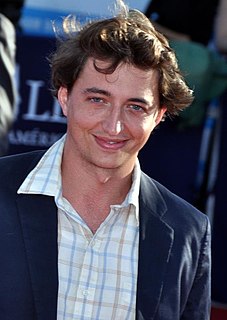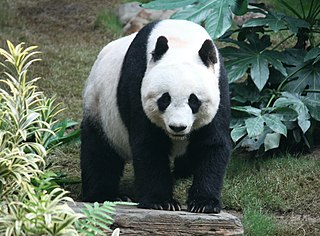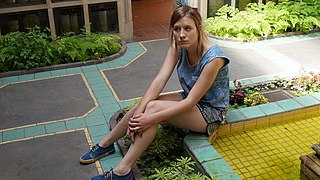A Quote by Benh Zeitlin
That's the thing about a folk tale: It is always addressing incredibly key issues about how you should live and what the right thing to do is, which is really what I'm the most interested in - like the questions that religion takes on. And I think that, for those of us that aren't religious, we need, or I need, art that stimulates the same kind of thinking about what it is to be a mensch, or a good man, things like that.
Related Quotes
I don't like realism. We already know the real facts about li[fe], most of the basic facts. I'm not interested in repeating what we already know. We know about sex, about violence, about murder, about war. All these things, by the time we're 18, we're up to here. From there on we need interpreters. We need poets. We need philosophers. We need theologians, who take the same basic facts and work with them and help us make do with those facts. Facts alone are not enough. It's interpretation.
I would say that the powerful, revolutionary thing about Jesus' message is that he says, 'What do you do with the people that aren't like you? What do you do with the Other? What do you do with the person that's hardest to love?' . . . That's the measure of a good religion, is - you can love the people who are just like you; that's kind of easy. So what Jesus does is takes the question and talks about fruit. He's interested in what you actually produce. And that's a different discussion. How do we love the people in the world that are least like us?
The cool thing about Watchmen is it has this really complicated question that it asks, which is: who polices the police or who governs the government? Who does God pray to? Those are pretty deep questions but also pretty fun questions. Kind of exciting. It tries to subvert the superhero genre by giving you these big questions, moral questions. Why do you think you're on a fun ride? Suddenly you're like how am I supposed to feel about that?
There's a way of thinking that comes with being an editor that is incredibly useful on the set. It's not just a vocabulary thing or a right-to-left thing or script supervisor stuff. It's a way of thinking about the film and the shots and the way they fit together, what you need and what you don't need, and what you can get away with if you have to.
I don't think immediate tragedy is a very good source of art. It can be, but too often it's raw and painful and un-dealt-with. Sometimes art can be a really good escape from the intolerable, and a good place to go when things are bad, but that doesn't mean you have to write directly about the bad thing; sometimes you need to let time pass, and allow the thing that hurts to get covered with layers, and then you take it out, like a pearl, and you make art out of it.
The funny thing about 'Take Shelter' is that a lot of people talk about how it was allegory for the economy and things that were to happen. And that was so on the nose in the movie for me. I was like, 'That's obvious.' It's the other stuff about marriage and commitment and those other things that I spent the most time thinking about.
The thing is, right now the films don't need to be overtly political to be about our times. We also need films that are just human, that are about people. People need that, too. It's like we need to reconnect to what it is to be human. Not just what our political situation is. That's not what I'm thinking about exclusively. Human content is needed again, as it was in the '70s. I think films were more human than they've been since then.
I think that the important thing to know is, which is great about this country [the USA], when it comes to domestic issues, we all battle it out and fight it between the parties and all those kind of things to get things done, but when it comes to foreign issues, overseas kind of things, then we all speak with one voice.
The thing about writing or making art is that I'm not thinking about that stuff while I'm doing it. Like the driver's ed kid, in retrospect I see that that was meaningful, and I felt close to him in that way, but at the time I just thought it was fun to draw, and that's all it was. I think that's what's weird about life and about making art. You have to talk about it later. I guess I should be prepared to talk about it now. That is why I'm here. But again, pass.
There are always forces at work in a society, certainly in America, which are really forces of censorship -either religious bodies or zealots who are always putting pressure on things, whether it's books or art or film. And all art is fundamentally subversive, because it upsets people's perceptions, their notions about society. Therefore, art is dangerous, but good art is always making us reassess our thoughts and feelings about how we relate to other people. There are always people who fear that and want to suppress that.
Just draw 'cause you love it, you know, I think that's why you should be doing it. You should always be doing art for the right reasons, um, and with the best intentions. Anything at all is completely possible and I think that's what I like about drawing. I think it's just really fun. You can do anything you want. And that's part of, like, what's really enjoyable about it... is kind of losing yourself in it.
I think it's something that the citizenry needs to be vigilant about - participating in democracy, and that includes issues like what's going on and how much secrecy and transparency there should be. That's an on-going thing - in a democracy you want checks and balances and oversight, but you need a covert agency to protect the country. It's a very tricky balance and I think it changes as the world changes and I think we all need to be mindful of that.






































